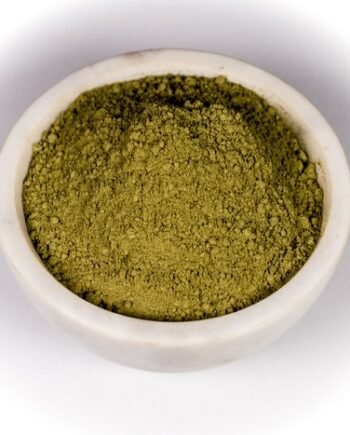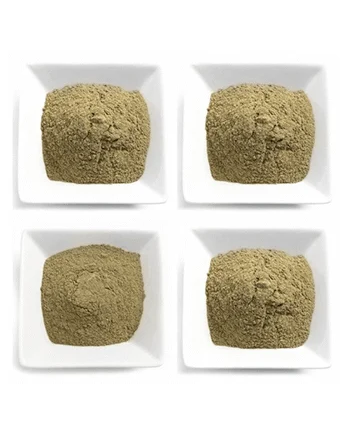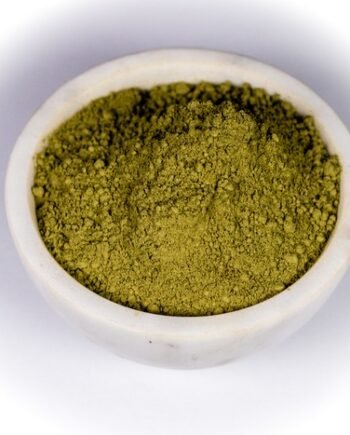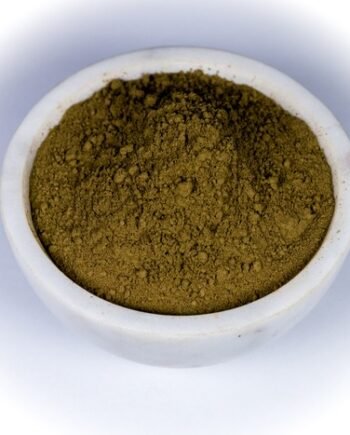Kratom is a tree. The leaves are used as a recreational drug and as medicine. As a recreational drug, the leaves are chewed or drank as a tea to elevate mood (as a euphoriant) and enhance physical endurance. As a medicine, kratom is used for anxiety, cough, depression, diabetes, diarrhea, high blood pressure, pain, to improve sexual performance, and to lessen symptoms of opiate withdrawal.
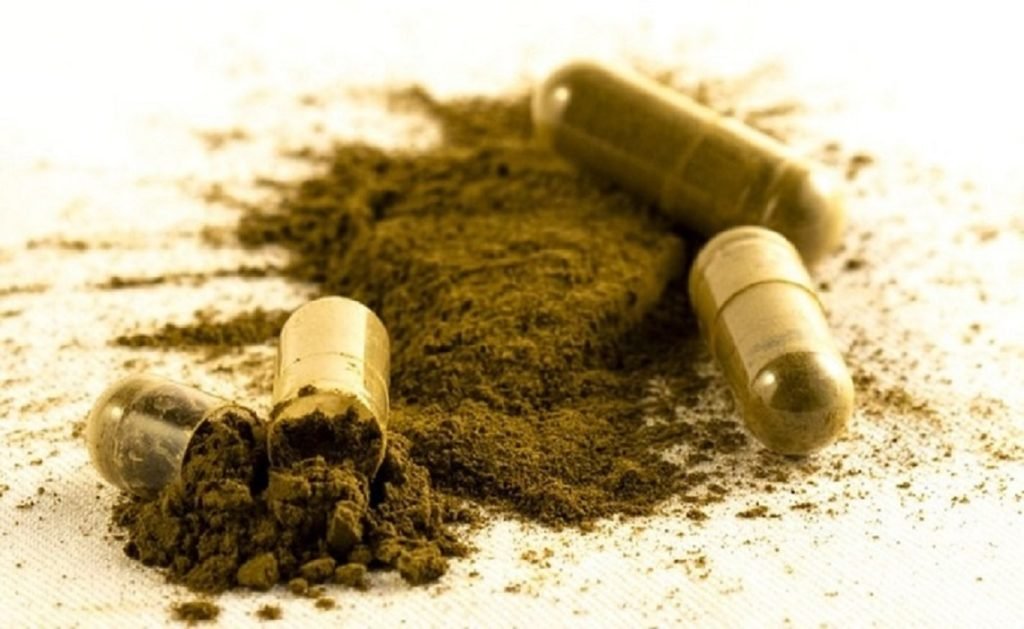
Kratom contains a chemical called mitragynine. Mitragynine works like opioid drugs such as codeine and morphine to relieve pain. Kratom capsules are possibly unsafe for most people when taken by mouth. It can cause dependence and withdrawal symptoms when taken regularly. There is also concern that the sedative effects of kratom might cause people to breathe too slowly. This might prevent people from getting enough oxygen.
Kratom can cause many side effects when taken by mouth, including nausea, vomiting, dry mouth, frequent need to urinate, constipation, aggression, hallucinations, delusions, and thyroid problems. People who buy kratom regularly and then stop taking it may experience decreased appetite, diarrhea, muscle pain, muscle spasms, twitches, watery eyes, anxiety, trouble sleeping or restlessness, negative mood changes, tension, anger, nervousness, hot flashes, and fever.
There is not enough reliable information about the safety of taking kratom if we are pregnant or breast-feeding. Stay on the safe side and avoid use. People with alcohol dependence who use kratom appear to have an increased risk of suicide compared to those who use kratom but are not dependent on alcohol.
Kratom Powders
Craving Kratom provides the highest quality Kratom and handpicks the most potent strains for our customers. We are partnered with only 5 star trusted suppliers from Indonesia that offer the purest and premium Kratom in the world. All of our Kratom is lab tested to make sure it is clean of contaminants, metals and has the highest alkaloid content. Craving Kratom offers pure Kratom strains as well as very popular blends for the seasoned Kratom clients. We guarantee we have the highest quality Kratom in the industry.




